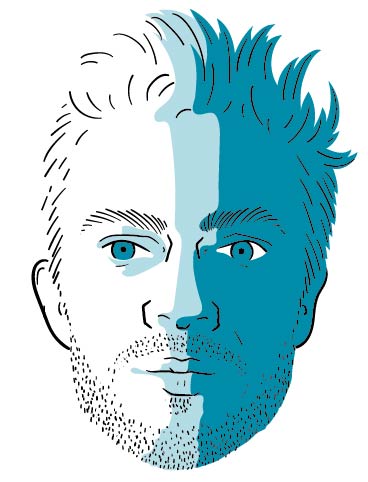In Tilsa Otta’s emancipatory sensorium, the letters of the alphabet glisten with dew. Words can be used to hold up your hair. Syllables chirp in spectral colors. Names take their place beside the planets. The lights flicker, go out, and Daddy Yankee pulses in the darkness, singing a song without beginning or end. Pupils dilate in the eyes of roses. The rings of Saturn appear on your fingers. We shake our tails and kiss and share mezcal and cigarettes. “Here no one is forced into anything.”
The Hormone of Darkness, exquisitely translated by Farid Matuk, is Otta’s first full-length collection of poetry in English. The book defines itself as a playlist of songs assembled from four of Otta’s previous collections, all of which were published in Spanish between 2004 and 2018. Some of these poems appeared last year in the US, translated by Honora Spicer in a bilingual chapbook from Cardboard House Press titled And Suddenly I Was Just Dancing.
Song and dance (in particular perreo) twist together as one of Otta’s major themes: the radiant capacity of collective bodily movement to transcend human pain. Often this collective movement finds its climax in the heavens or at the club, but the pleasure of reading Otta is realizing that these moments of holy interrelation extend to the mundane. A Girl Scout’s Saturday-night plans, a YouTube comments section, someone knocking at the door are sufficient to “transmit the viral international language of love” from which this dazzling playlist draws its strength. Or, as another poem has it: “Every day is a pig wallowing in the mud / The physical principle of tango applied to eternity.”
This is not to suggest that song and dance can wholly erase the reality of suffering, nor to imply that Otta thinks so. Born in Lima, Peru, in 1982, she has lived through multiple authoritarian regimes. Her poems acknowledge death and war, melting icebergs and exterminated species, but violence is not their primary concern; rather, it forms the context within which (and against which) her language works its startling magic. “I feel this pressure in my heart as I start to write,” Otta says, in one of the handful of prose poems, “and my fingers get faster and faster trying to resolve all this, counteracting so much pain with some kind of exotic beauty that might make us feel there’re still wondrous...
You have reached your article limit
Sign up for a digital subscription and continue reading all new issues, plus our entire archives, for just $1.50/month.
Already a subscriber? Sign in






